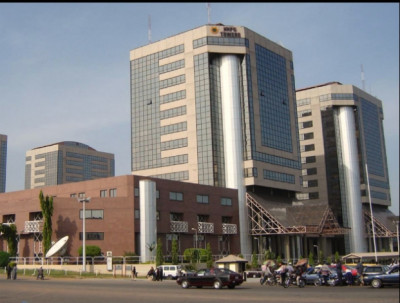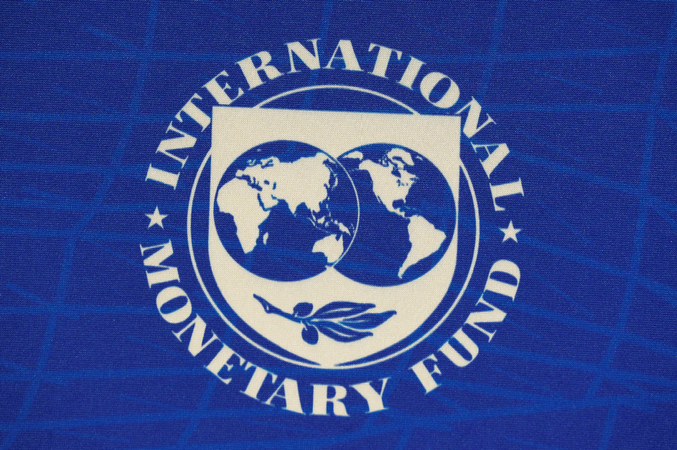Nigeria’s total external debt has risen from $10.32bn on June 30, 2015, to $40.06bn as at June 30, 2022, according to The Punch.
This shows that there has been an increase of 288.18 per cent in seven years, according to the external debt stock reports by the Debt Management Office.
A breakdown shows that in 2015, 36 states had $3.27bn external debt while the Federal Government had $7.05bn.
By 2022, states’ external debt rose to $4.56bn, while the Federal Government’s external debt increased to $35.5bn.
The debts included loans from multilateral sources such as the World Bank, the African Development Bank and the International Monetary Fund.
They also included bilateral loans from China, France, Japan, Germany and India, as well as commercial sources including Eurobonds and Diaspora bonds.
Nigeria’s external debt ballooned as the naira lost value, increasing Nigeria’s debt service burden and worsening its ability to service debt. The International Monetary Fund recently said that the long-term rate of the depreciation of the naira equated to a loss of 10.6 per cent of its value annually since 1973.
According to the IMF, this rate was 1.5 times higher than the long-term rate of the currencies of other emerging markets and developing economies at 7.2 per cent and sub-Saharan Africa at seven per cent over the same time period.
The IMF said, “Its exchange rate underwent more persistent depreciation. Nigeria’s long-term rate of currency depreciation (on average 10.6 per cent annually since 1973) was 1.5 times higher than both EMDE (7.2 per cent) and SSA (seven per cent). Given limited availability of long-term data, it is difficult to estimate the exact reasons.”
The Bank of America recently said Nigeria’s local currency unit was set to weaken further next year as its current exchange rate to the dollar was well above fair value.
According to a report by Bloomberg, the bank said, “Three indicators, the widely-used black-market rate, the central bank’s real effective exchange rate, and our own currency fair value analysis shows the naira is 20 per cent overvalued.
“We see scope for it to weaken by an equivalent amount over the next six-nine months, taking it to as high as 520 per USD.”
During a workshop on tax expenditure organised by the ECOWAS Commission in Abuja, financial experts advised that Nigeria and other West African Countries should move away from reliance on foreign assistance to the financing of developmental projects in the region.
According to them, over-dependence on financial aid and external loans might affect long-term prosperity of the entire region.
The Special Advisor to the Director (Custom Union and Taxation in ECOWAS), Gbenga Falana, while emphasising that the debt profile of most of the countries in the sub-region was mounting, stressed the need for West African countries to look inwardly and finance local projects through effective domestic resource mobilisation.
Reacting, the Managing Director/Chief Executive Officer of Cowry Asset Management Limited, Mr Johnson Chukwu, said that high external debt would impose a huge debt service on the economy.
He said, “This will impose a huge debt service on the economy, particularly at a period when we have low revenue from oil sales. If the revenue from oil sales does not improve, then the government will be struggling to meet that debt service obligation to foreign lenders.”
However, he noted that Nigeria could service its foreign debt at the current level, but a constant increase in debt without a corresponding increase in foreign currency earnings could put the country in a difficult position.
The Punch

 News6 years ago
News6 years ago
 Featured6 years ago
Featured6 years ago
 Boss Picks6 years ago
Boss Picks6 years ago
 Headline6 years ago
Headline6 years ago
 Headline6 years ago
Headline6 years ago
 Headline6 years ago
Headline6 years ago
 Headline6 years ago
Headline6 years ago
 Headline6 years ago
Headline6 years ago













